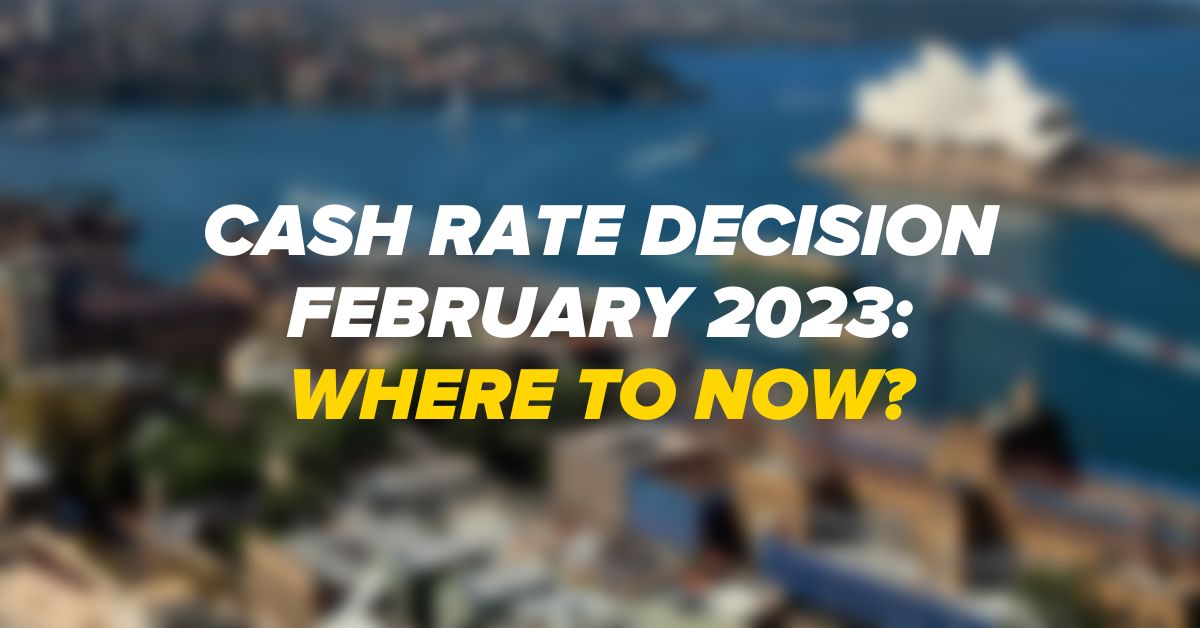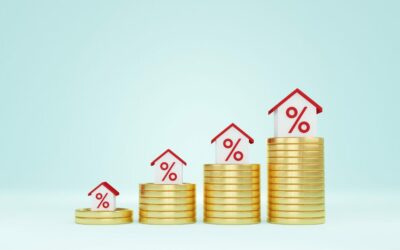In this article:

“Not surprised”. That was Mark Bouris’ reaction to the 9th consecutive cash rate increase announced today by the Reserve Bank of Australia (‘RBA’).
The official cash rate was increased by 0.25% to 3.35%
How does this affect borrowers?
Say for example your home loan interest rate were to increase from 5.25% to 5.50%, you would experience an increase of $15.49 per month, per $100,000 borrowed, in terms of minimum monthly repayments over a 30 year loan term. For example:
- Repayment increase on a $400,000 loan = $61.96
- Repayment increase on a $600,000 loan = $92.94
- Repayment increase on a $800,000 loan = $123.92

In it’s official press release following the RBA’s monthly meeting, RBA Governor Phillip Lowe said:
“The Board recognises that monetary policy operates with a lag and that the full effect of the cumulative increase in interest rates is yet to be felt in mortgage payments. There is uncertainty around the timing and extent of the expected slowdown in household spending. Some households have substantial savings buffers, but others are experiencing a painful squeeze on their budgets due to higher interest rates and the increase in the cost of living.
“The Board expects that further increases in interest rates will be needed over the months ahead to ensure that inflation returns to target and that this period of high inflation is only temporary.”
“In assessing how much further interest rates need to increase, the Board will be paying close attention to developments in the global economy, trends in household spending and the outlook for inflation and the labour market. The Board remains resolute in its determination to return inflation to target and will do what is necessary to achieve that.”
Should you brace for further increases?
Economists and commentators are divided as to whether the RBA will continue to increase the official cash rate over the coming months.
With eight consecutive rate rises through to December 2022, many Australians on variable rate mortgages have had their monthly repayments increase significantly.
Of grave concern is the number of borrowers who took out a fixed-rate mortgage for two years in 2021.
“Somewhere in the high 800,000” is the number of Australians who will be coming to the end of a fixed rate period in the coming months, according to the RBA’s head of economic analysis, Marion Kohler. That means over 800,000 Australians will have their repayments increase by more than $1000 a month, compared to before the RBA’s hiking cycle began in April of last year.
Mark Bouris and Stephen Koukoulas discussed this very issue on Property Insights earlier this week, with Koukoulas saying that the monthly repayment increase for the average borrower is contributing to a consumer sentiment falling into the “doldrums…or a level that is consistent with the recession.”
Koukoulas said, “The RBA acknowledged in testimony earlier this week, in front of a parliamentary committee that some 800,000 people, who are about to roll of their fixed rates in the next six to nine months, or those with a variable rate mortgage… are forking out somewhere between $500 and $1500 per month more in repayments.”
“The average is close to $1,000 a month more…that’s $12,000 a year out of your after tax income”.
“That’s $12,000 a year less that you’ve got to spend on other things. So okay, there’s probably a point where we can all cut back a little bit. But cutting back $12,000 is a loss for someone on average, or slightly above average earnings with a big mortgage.
“And when your inflation rates are high, so the cost of your electricity, your groceries, and these sorts of things are all going up more than your wage…It’s a real squeeze.”
“And that’s why I think very simply consumer sentiment is in the doldrums. It’s sort of bouncing around these low levels, but it’s at a level that’s consistent with the recession. That’s why we consumers are feeling pretty pissed off at the moment with our financial position.”
So why is this all happening? Find out here.



